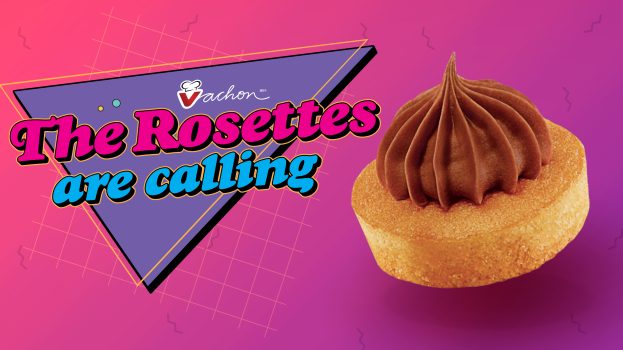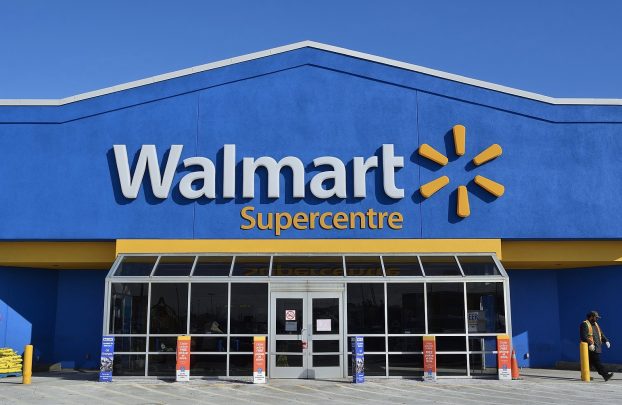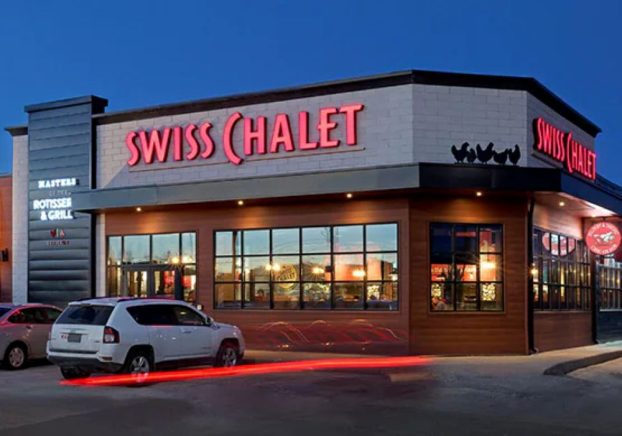The issues facing cities and urban environments are vast and complex, and Ryerson University hopes to play a leadership role in helping solve them.
That’s the message behind a new brand campaign, with creative handled entirely in-house. While the Toronto university has run similar “reputation campaigns” in the past, most have focused on the work of individual researchers, says Jim Wentzel, director of marketing and creative services at Ryerson.
[iframe_youtube video=”0LkXKCzECZ0″]
The latest effort takes a broader approach to the school’s philosophy and research focus, he says. Ryerson is among the most urban schools in the country, and its research impacts both the local community and cities worldwide through its focus on sustainability, migration, traffic and myriad other urban issues.
While Ryerson’s city-builder reputation has been around for some time, Wentzel says it had remained “a bit of a secret” and it was finally time to tell that story. “We wanted people to see the bigger picture of Ryerson, that we do outstanding research and that the research we do is going to impact people’s lives.”
The campaign spot starts off showing what the urban environment of the future could look like without the valuable research of academics: a place with toxic air and depleted resources, in which more walls and fake news tear communities apart. It then shifts to show a different future in which organizations like Ryerson play a leading role and in which cities are healthy, sustainable and inclusive. It ends with the idea that “the future is ours to create.”
Wentzel says the approach is based on trying to convey what many other campaigns have lacked: the broader context in which academic research is conducted.
“There’s no greater time to look at our world and understand that things are pretty screwed up,” whether it’s the environment or politics, he says. The campaign addresses this by “taking an honest look at where the world is now.”
Creative is appearing across digital, print newspapers, OOH (as wild postings in Toronto and Ottawa) and Cineplex theatres, with some elements launching next week. And for the first time, creative is also appearing in the Quebec market.
While the campaign is targeted at donors, government bodies and potential business partners – which explains its national scope – it also speaks to the needs of parents and students, Wentzel says, and lands at an important time for the university. Early this year, Ryerson was named to lead the consortium for The Future Skills Centre, a program aimed at helping Canadians develop the skills needed to succeed in the new economy.
The decision to manage the campaign internally (at the exception of video and sound editing) came after considering the overall costs of the effort and the school’s growing creative capabilities. Wentzel, who has been in the role six months, has been looking for opportunities to showcase his team’s creative chops. “For a university that talks about creativity and about vision, we should be able to start with our team, see how we do.”

























